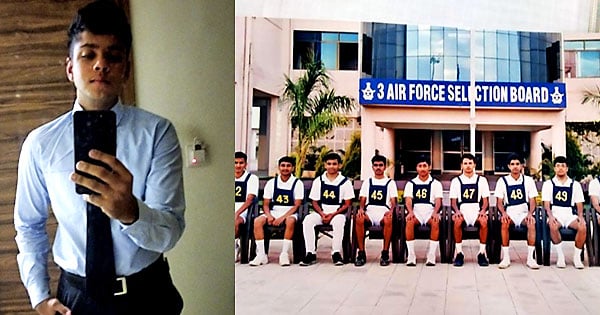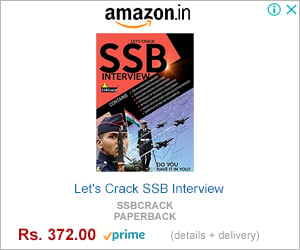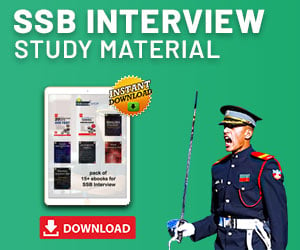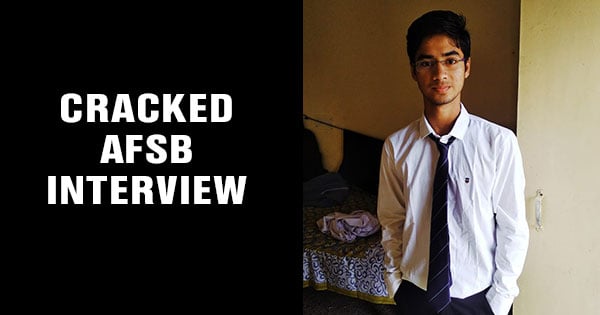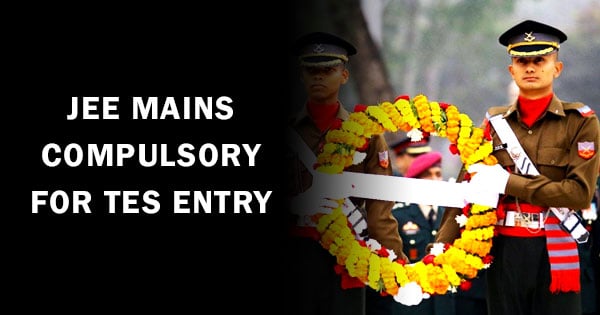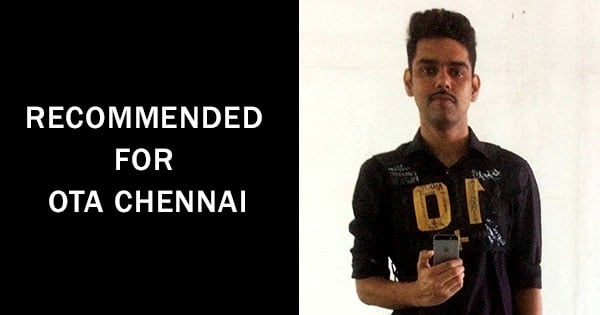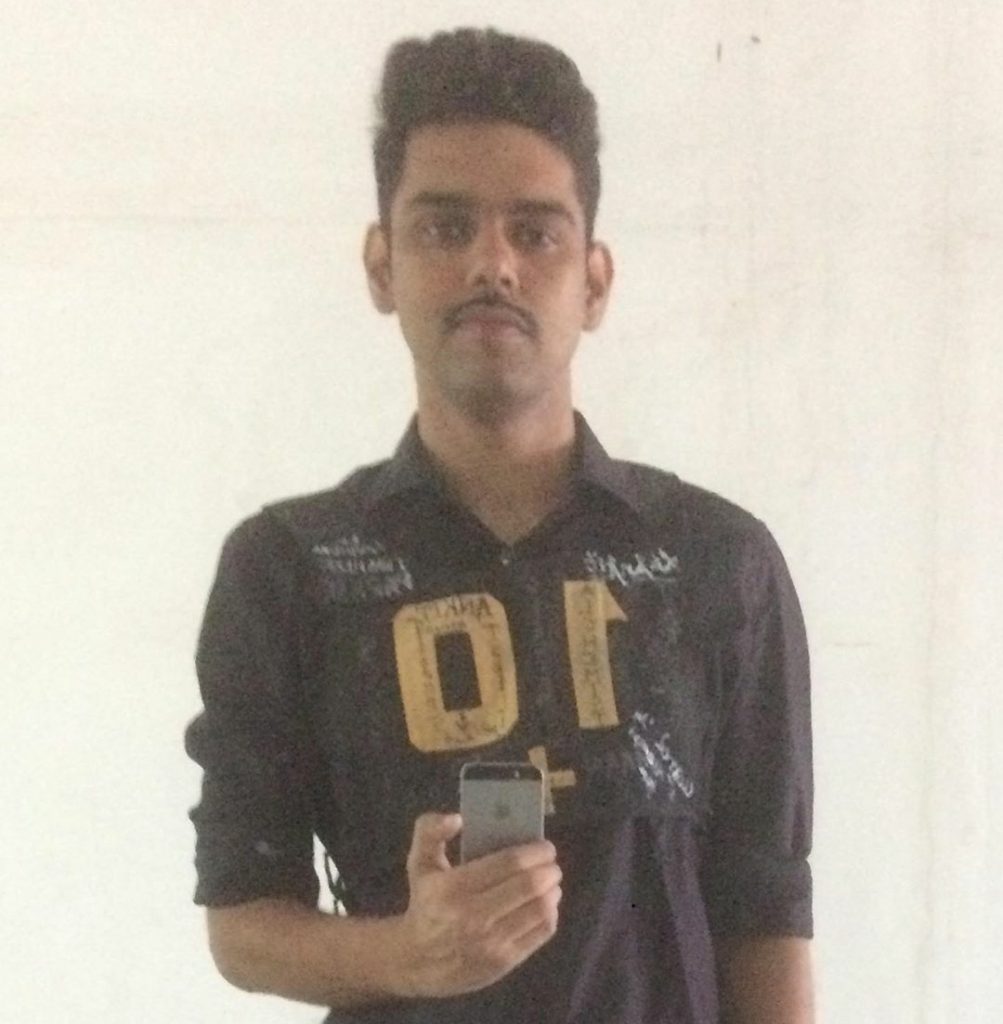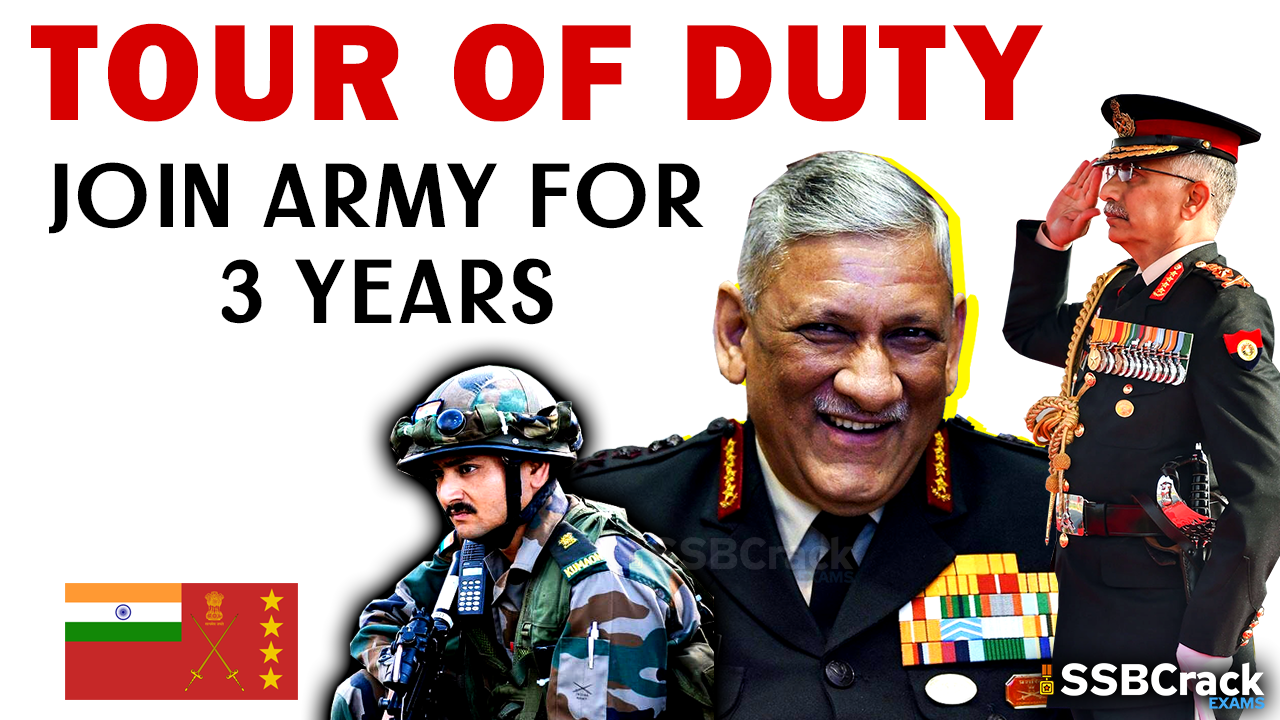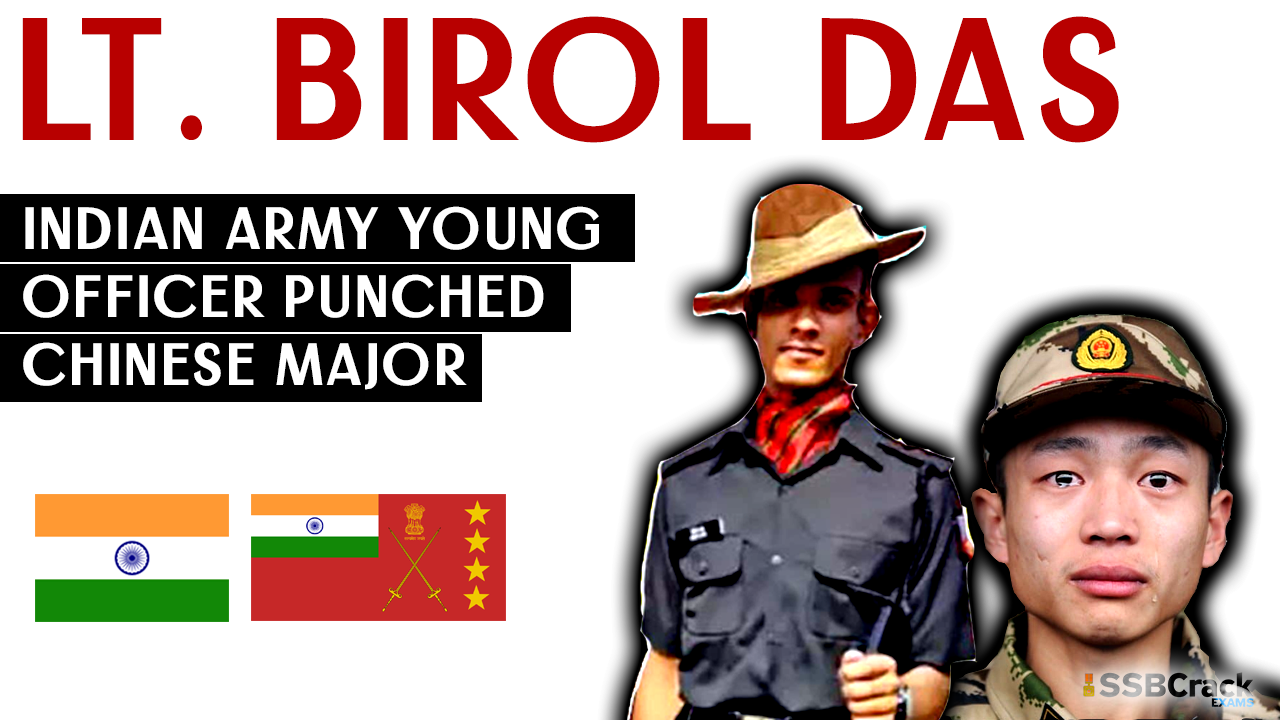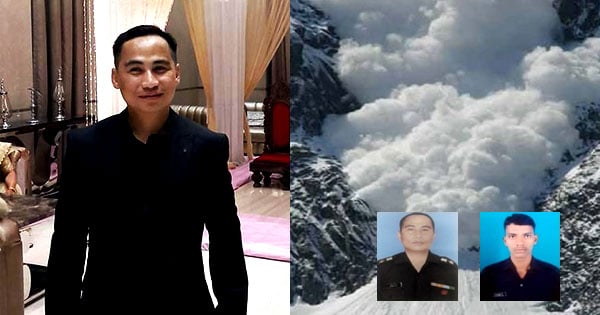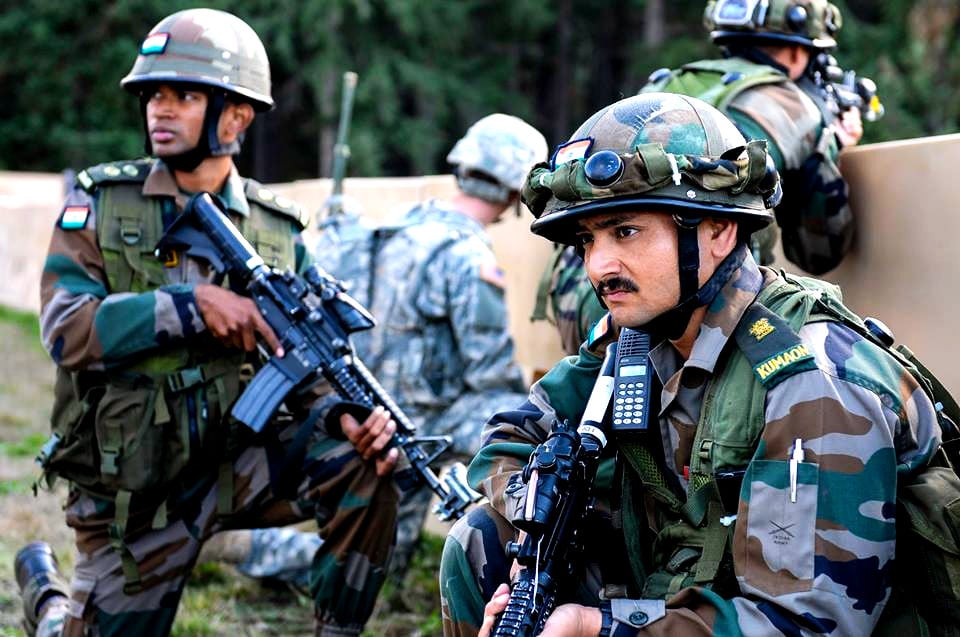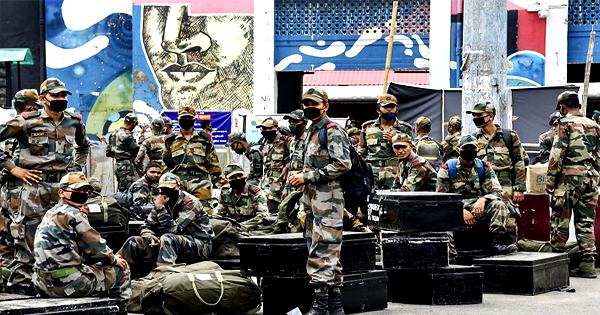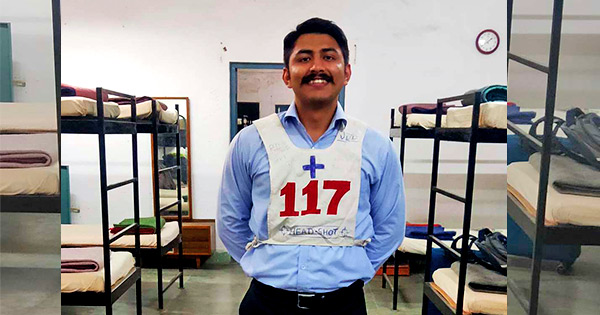“Patience and determination is the key to success”. How’s the josh aspirants, I am Utkarsh Tyagi, pursuing BTech in CSE. And this is my story of recommendation. I finally got recommended in my 6th attempt from 3 AFSB Gandhinagar for the IAF through NDA on 22 March 2020. I was previously 1-time screen out and 4 conferences out. It was the year 2018 when I completed my 12th and applied for NDA exam, I qualified the written exam and went to Allahabad for SSB in Aug 2018, Unfortunately, I got to screen out and went back. Then went for my 2nd attempt of SSB that was for TES-40 in Sept 2018 and my centre was again Allahbad.
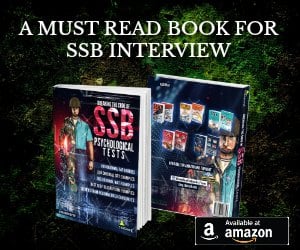
This time I luckily got screened in and was happy enough. I enjoyed with friends over there and it was a nice stay but I was conference out after 5 days. It really broked my heart and I was again sitting on one of those iron benches waiting for my train to go back. Now my 3rd of TES-41 was at Banglore in Feb 2019 this time I prepared a little but unfortunately again got conference out. The 4th attempt of TES-42 was at Bhopal in Jul 2019. This time I took a little coaching so was prepared better as compared to previous attempts. But unfortunately this time it was again conference out I was thinking where the hell I am going wrong.
Now it comes to my fifth attempt it was of TES-43 at Allahbad in Feb 2020 once again as if Allahbad board liked me the most in the world. This time I was chest no. 1 and performed my best in all tasks mainly GTO but was conference out again. I was considering that my life is really a joke and was wondering that would I ever be able to get recommended.
Now it comes to the end of my story through my 6th attempt of NDA 2 2019 at 3 AFSB Gandhinagar on 18 March 2020.
As the corona era was going so my parents were convincing me not to go for AFSB it will be hazardous. But my passion drove me and I went for AFSB at Gandhinagar.
DAY 1: On the day of reporting, we were at the Pathik Ashram Bus stand and waiting for IAF bus to come. Finally, after some time they arrived and tested us that if there is any symptoms of the corona. Three guys were tested out to be positive and were told to wear mask and precautions more. Total reporting was of 69.
Screening: At the screening test, DSO came and welcomed us. Then after few time our test began the first test was of 2 OIR and I did both confidently. Then a 15mins break was given and after that our next test i.e. PPDT started. The picture shown was totally black and blur and hard to recognize but somehow I was able to make a story showing team spirit quality. The discussion round began after a few mins. I narrated my story in a cool and audible way and gave two-three points in the discussion.
Finally, the screening result came and 50 out of 69 got a screen in and it was the highest no. I have ever seen in the screening.
Later, we were given a new chest no. mine was 49. Then PIQ and forms were filled. After a few hours, we were sent to accommodation. We were informed that our psych tests are going to take place on the same day in the evening it was very surprising to me and I slept for a few hrs and then went for the psych tests.
In psych test, I did all TAT, 50 WAT, 37 SRT and lastly sd.
I made positive stories, sentences and logical reactions in situations.
DAY 2: The next day was our GTO and I was fully ready. We were a group of 9 members and there were two assessors the first time in my history of SSB. One of them was a senior GTO and another was a trainee. We greeted them and our first round that gd began.
The topic of gd1 was the cashless economy. I gave 3-4 points in between discussion and then after few minutes next gd began its topic was the U.S. being a powerful nation- the reason behind it. In this also I gave 2-3 points that’s it. Then our PGT started and I gave various ideas to tackle the obstacles by standing behind only. Finally, it ended and other tasks like snake race, HGT and lecturette took place. I performed well in lecturette and took full to speak and conclude. Finally, the day was called off. And we went to the accommodations.
DAY 3: On the third day also was our GTO only and three tasks were left i.e. command task, individual obstacles and lastly the FGT. The first task was command task and I was called second last in my group. The obstacle given to me in my command task was moderate and was given 15 mins. to complete it. Many objections were being made by the GTOs but I maintained my calm and overcome every objection. Finally, I completed my command task. Then we were taken to individual obstacles ground. When I saw the obstacles I was quite nervous as the obstacles were very tough as compared to the SSB. There was hanging tyre, monkey crawl, balancing bridge, rope climbing etc.
- SSB Interview eBook Pack
- Thematic Apperception Test – TAT
- Lecturette Topics Part-1 eBook [100 Topics]
- Word Association Test – WAT
- Situation Reaction Test – SRT
- Officers Intelligence Test – OIR
We were then called individually in order wise and I did only 5 out of 10 obstacles least in my whole group.
Finally, some rest was given to us, then after some time, our FGT started. In this task also I gave 2-3 ideas and my group accepted it. Finally, the day was called off and we went back to our accommodations.
DAY 4: On day 4 our interview was scheduled and I was at 10:30 a.m. I got ready and revised a bit of information about the IAF. Finally, I went for my interview.
In the interview room, there was a group captain rank officer sitting and he took my interview. In the beginning, only he started rapid-fire with starting with educational background to my daily routine and hobbies/interest. In the stressed me at various but I didn’t get stressed and smilingly gave all answers in a logical and cool manner. I spoke the truth in my interview and that’s why it went well and for around 45 mins. At last, he wished me good luck and I went back to accommodations.
DAY 5: This was d-day for all of us, either we will be recommended or not. Everyone was in tension we were informed by our DSO that the conference will start at 7:45 a.m. and end by 9:30 a.m. due to corona precautions.
Finally, it started and everyone was coming in just 30 secs or so, it was happening so quickly that we were getting tensed. Lastly, our group’s chance came and we were made to sit in the waiting room and after a few minutes from chest no. 41 to 50 conference started and discussion on each candidate was taking for around 1-2 mins. and inside it was like 30 secs. that’s it.
Finally, my turn came and for me, the discussion went for around 5-6 mins. and inside I was asked only one question i.e. “Why do you want to join the IAF” asked by the air commodore rank officer sitting in between.
After coming out of the conference room I was 95% sure that I may get recommended I then discussed the conference with others and they all were asked the same question i.e. “how was your stay and any suggestions” when I told them about my question they all said that you are recommended.
Finally, we all were called in the same hall we were sitting earlier and then after a few mins. the DSO came and said “ok gentlemen are you ready for results, so here we go” everyone’s heartbeat raised and then he started calling out the chest no.s “1,5,14,27,33,39 and then 49(that was mine)”.My body stopped moving and was thinking that it isn’t reality but somehow I gain back the strength and was applauded by everyone for finally getting recommended for IAF. It was the happiest moment of my life and I started crying as I finally made it through my determination, never give up attitude. After so much struggle I finally got what I wanted.
At last, I would like to say that keep working until you do not get what you desire for! Thank you and Jai Hind!

